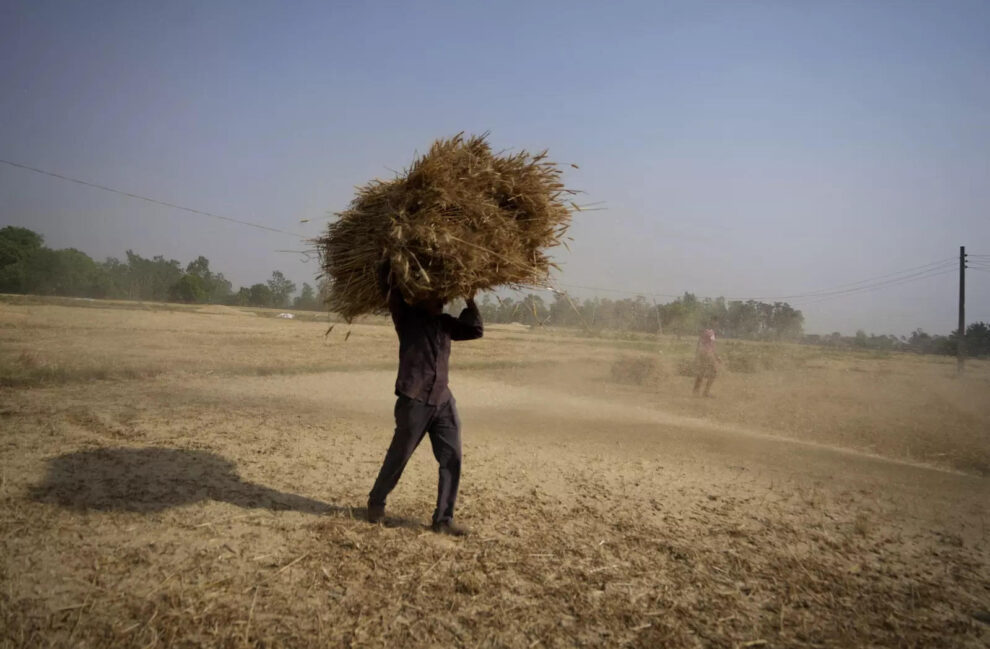Egypt has bought a new shipment of Russian wheat, relying on imports to fill its domestic needs and trying to navigate the changes brought about by the war in Ukraine.
The North African nation’s General Authority for Supply Commodities (GASC) bought about 480,000 metric tonnes of Russian wheat on Friday from the trading firm Solaris in a private deal at relatively low prices, the Reuters news agency reported on Tuesday, citing unnamed traders.
Egypt, one of the world’s biggest importers of wheat, will reportedly pay about $270 a tonne, which could possibly be below an unofficial floor set by Russia’s government to control domestic wheat prices. It is not legally binding, but suppliers are expected to follow it.
Reuters reported that GASC had privately bought one cargo of Bulgarian wheat at $270 per tonne on Friday as well, and the state company has recently been tempted by Romanian and French wheat that is cheaper than Russian wheat.
Egypt has shifted towards direct purchases, instead of tenders, since the Russian invasion of Ukraine last year disrupted global wheat markets. Officials said direct purchases have helped it negotiate better prices at times of uncertainty.
The Ukraine war significantly impacted the global wheat market, driving prices to unprecedented levels and ramping up market volatility.
The value of the North African country’s currency and its foreign currency reserves have taken a significant hit, leading to deferred payments on wheat.
It appears to be purchasing cargo at competitive prices at whatever volumes it can as the latest purchase from the Russian supplier will likely not even cover one month of consumption.
Egypt’s wheat demand
Egypt imported about 12 million metric tonnes of wheat every year from 2017 to 2021, according to a report last year by the United States Department of Agriculture.
The report said that during that period, of the 62.6 million metric tonnes of wheat the country imported, about 60 percent came from Russia and more than 22 percent from Ukraine. Both were favourite producers because of their competitive prices, lower freight costs and faster delivery times.
Egypt still purchases from Russia and Ukraine but has also counted Australia, Brazil, Bulgaria, France, Germany, Lithuania and Romania among its suppliers.
It also received its first shipment of wheat purchased from the private sector in India in June 2022, shortly after its plant quarantine authority approved Indian wheat.
Last month, Egypt signed a $500m deal with the United Arab Emirates-based agribusiness Al Dahra and the Abu Dhabi Exports Office, the export financing arm of a government agency, for a five-year supply of wheat.
Authorities said the deal would be worth $100m per year and Egypt would receive imported milling wheat “at competitive prices”.
The Egyptian Ministry of Finance has said funding for subsidies on food, mostly bread, will rise 42 percent to 127.7 billion Egyptian pounds ($4.1bn) in the fiscal year from July 2023 to June 2024.
Many of the country’s recent wheat purchases have reportedly been made with loans from the International Islamic Trade Finance Corporation and the World Bank.
Source : Al Jazeera
















